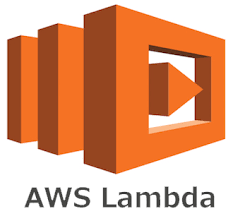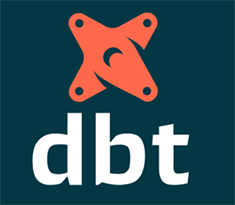15. Which container image types are supported?
You can deploy third party Linux base images (e.g. Alpine or Debian) to Lambda in addition to the Lambda provided images. AWS Lambda will support all images based on the following image manifest formats: Docker Image Manifest V2 Schema 2 (used with Docker version 1.10 and newer) or Open Container Initiative (OCI) Spec (v1.0 and up). Lambda supports images with a size of up to 10GB.
16. What base images can I use?
AWS Lambda provides a variety of base images customers can extend, and customers can also use their preferred Linux-based images with a size of up to 10GB.
17. What container tools can I use to package and deploy functions as container images?
You can use any container tooling as long as it supports one of the following container image manifest formats: Docker Image Manifest V2 Schema 2 (used with Docker version 1.10 and newer) or Open Container Initiative (OCI) Specifications (v1.0 and up). For example, you can use native container tools (i.e. docker run, docker compose, Buildah and Packer) to define your functions as a container image and deploy to Lambda.
18. When should I use Provisioned Concurrency?
Provisioned Concurrency is ideal for building latency-sensitive applications, such as web or mobile backends, synchronously invoked APIs, and interactive microservices. You can easily configure the appropriate amount of concurrency based on your application’s unique demand. You can increase the amount of concurrency during times of high demand and lower it, or turn it off completely, when demand decreases.
19. What happens if a functions receives invocations above the configured level of Provisioned Concurrency?
If the concurrency of a function reaches the configured level, subsequent invocations of the function have the latency and scale characteristics of regular Lambda functions. You can restrict your function to only scale up to the configured level. Doing so prevents the function from exceeding the configured level of Provisioned Concurrency. This is a mechanism to prevent undesired variability in your application when demand exceeds the anticipated amount.
20. Is my data encrypted at rest?
Customers can provision Amazon EFS to encrypt data at rest. Data encrypted at rest is transparently encrypted while being written, and transparently decrypted while being read, so you don’t have to modify your applications. Encryption keys are managed by the AWS Key Management Service (KMS), eliminating the need to build and maintain a secure key management infrastructure.
21. How will I be charged for Amazon EFS for AWS Lambda?
There is no additional charge for using Amazon EFS for AWS Lambda. Customers pay the standard price for AWS Lambda and for Amazon EFS. When using Lambda and EFS in the same availability zone, customers are not charged for data transfer. However, if they use VPC peering for Cross-Account access, they will incur data transfer charges.







